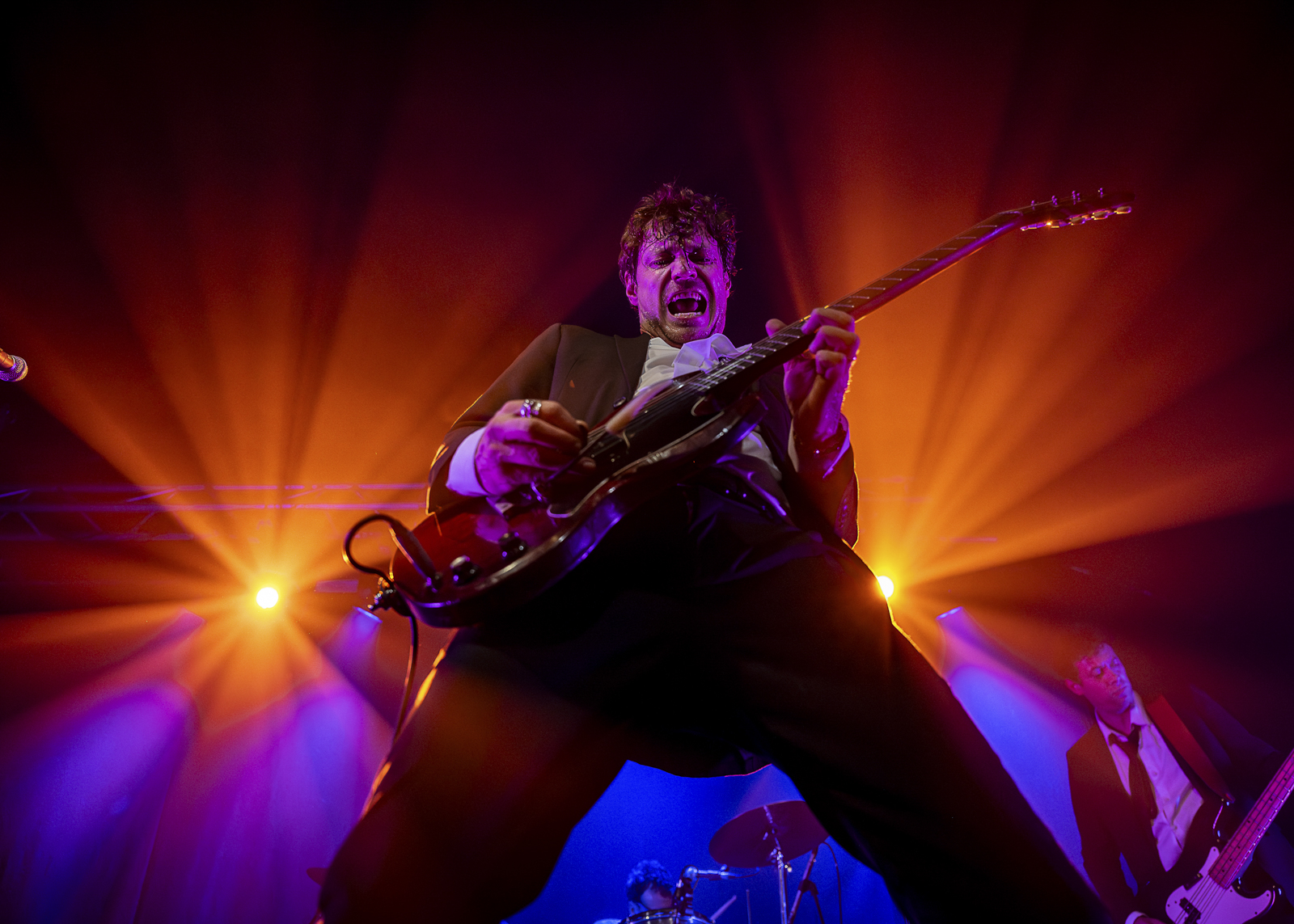
Rock Legends Hint at Rekindling Farewell Tour, Defying Retirement
Introduction
The rock music world was abuzz with excitement when rumors emerged that legendary bands were considering reviving their farewell tours. These bands, once believed to have retired from the stage, hinted at a return to live performances, defying their previous announcements of retirement. This news sparked a mix of reactions, ranging from exhilaration to skepticism, as fans and critics alike grappled with the complexities and implications of such a move.
Bands Rekindling Farewell Tours
Several rock bands hinted at the possibility of reviving their farewell tours. The Rolling Stones, who embarked on their “No Filter Tour” in 2017, were among the most prominent bands to do so. Mick Jagger, the band’s lead singer, expressed his desire to continue performing as long as he felt physically capable. Similarly, KISS, known for their elaborate stage shows, hinted at a potential return to touring, despite announcing their farewell tour in 2019.
Other bands, such as Aerosmith and Fleetwood Mac, also sparked speculation about a revival of their farewell tours. Steven Tyler, Aerosmith’s frontman, hinted at the possibility of additional shows, while Mick Fleetwood expressed a willingness to tour again if the band members were “in a good place.”
Reasons for Reviving Farewell Tours
There are several potential reasons why rock legends are considering reviving their farewell tours. One driving factor could be the financial incentive. Live performances remain a major source of revenue for musicians, and a successful tour could replenish the band’s coffers and provide financial security in their later years.
Another factor could be the passion for music and performing. Despite announcing their retirements, many rock legends continue to write and record new music. The opportunity to share this new material with their fans in a live setting may be too tempting to resist.
Criticisms and Concerns
The decision to revive farewell tours has been met with mixed reactions. Some critics argue that it undermines the integrity of the farewell concept. By going back on their retirement announcements, these bands may damage their credibility and risk alienating fans who had accepted their retirement as a sign of respect and closure.
Concerns have also been raised about the physical demands of touring. Rock legends are no longer young, and the rigors of performing multiple shows in a row can be taxing. Health issues and the potential for injuries are legitimate concerns that must be carefully considered.
Fan Reactions
Fans have expressed a range of emotions about the possibility of rock legends reviving their farewell tours. Some are thrilled at the prospect of seeing their idols perform live again. They argue that the music and the opportunity to experience the band’s energy firsthand outweighed any concerns about the integrity of the farewell concept.
Others are more cautious. They express concern about the bands’ health and the potential for the tours to become more about financial gain than artistic expression. They also worry that the decision to revive farewell tours could set a precedent for other bands to do the same, eroding the significance of the farewell concept.
Conclusion
The decision of rock legends to revive their farewell tours is a complex one, fraught with both excitement and potential pitfalls. While the opportunity to see these iconic bands perform live again is undoubtedly appealing, it is important to weigh the potential risks and implications carefully.
Ultimately, the decision of whether or not to revive a farewell tour is a personal one for each band. They must consider their physical well-being, their artistic integrity, and the expectations of their fans. If they do decide to return to the stage, it will be up to them to prove that they can still deliver the same level of passion and energy that made them legends in the first place.
